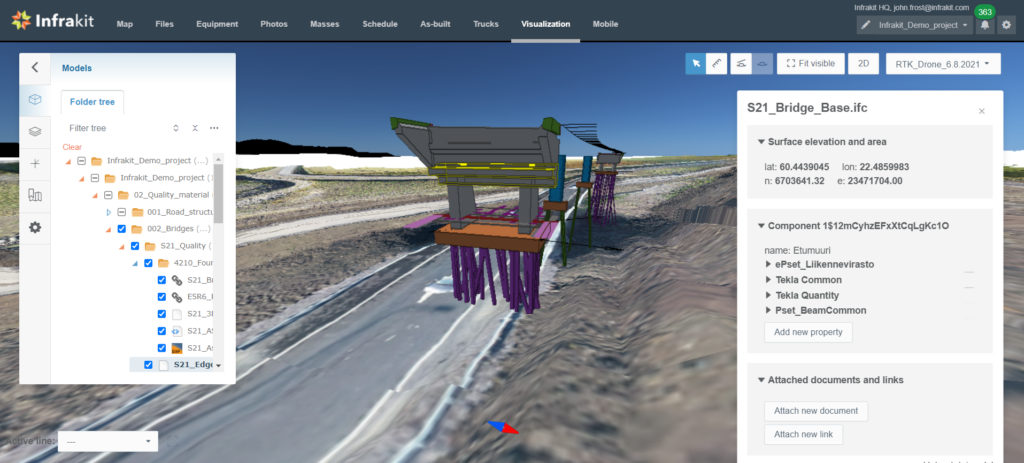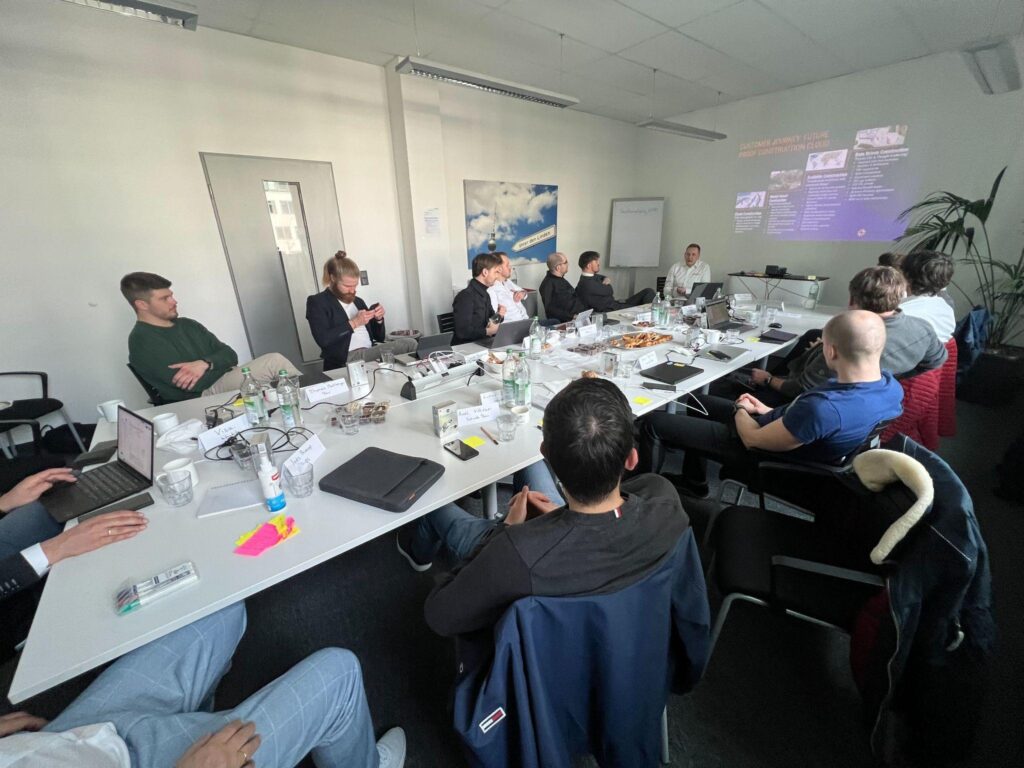Infrakit Achieves ISO 27001 Certification
Infrakit Achieves ISO 27001 Certification
HELSINKI, Finland – (March 22, 2024) – Infrakit Group Oy, the leading cloud communications platform company, today announced it has been awarded the ISO 27001 certification. The scope of Infrakit’s information security management system (ISMS) includes the people, and technology for creating and supporting products that enhance construction operations by offering fast visual access to information.
ISO 27001 is one of the most widely recognized international standards for information security. This standard establishes requirements for a comprehensive Information Security Management System (ISMS) and outlines how organizations should securely manage and handle information, including implementing appropriate security controls. To achieve this certification, Infrakit’s adherence to these standards was independently verified by a security firm, demonstrating a consistent and systematic approach to managing and safeguarding both user and customer data. With ISO 27001 certification, stakeholders in infrastructure projects can confidently use Infrakit and its APIs, assured that the company upholds the highest security best practices.
To learn more about Infrakit’s security and privacy practices, please visit: https://infrakit.com/legal/privacy/
“Infrakit is committed to continue earning our stakeholders’ trust through third-party security assurances such as ISO 27001,” said Infrakit VP of Operations, Security, and IT, Sakari Maaranen. “Though Infrakit has always utilised ISO 27001 certified cloud providers, service vendors building on top of those platforms are still responsible for demonstrating security and trust. The fact that a third party has affirmed our security management practices for both our infrastructure and the services we provide enhances the confidence of our existing and prospective customers.”
“Trust is critical for cloud companies, particularly those that provide foundational infrastructure for operational communications,” said Teemu Kivimäki, Chief Executive Officer at Infrakit Group Oy. “Infrakit’s ISO 27001 certification fosters trust and demonstrates an ongoing commitment to safeguarding our customers’ data.”
Review the ISO 27001 certificate
Read more about our compliance
About Infrakit
Infrakit Group Oy a leader in the digitalization of infrastructure construction, trusted by today’s leading construction companies and infrastructure owners. Their flagship product, Infrakit, is pivotal in transforming the construction of highways, railroads, and airfields worldwide. It offers a cloud-based solution that enhances efficiency, quality, and transparency in infrastructure projects. By facilitating real-time collaboration among contractors, designers, and project owners, Infrakit streamlines project management, data sharing, and progress tracking. Infrakit’s innovative approach to digitalizing construction processes has positioned it as a leader in the field, contributing to more sustainable and cost-effective infrastructure development.
Jere Syrjälä
March, 2024




Recent Comments